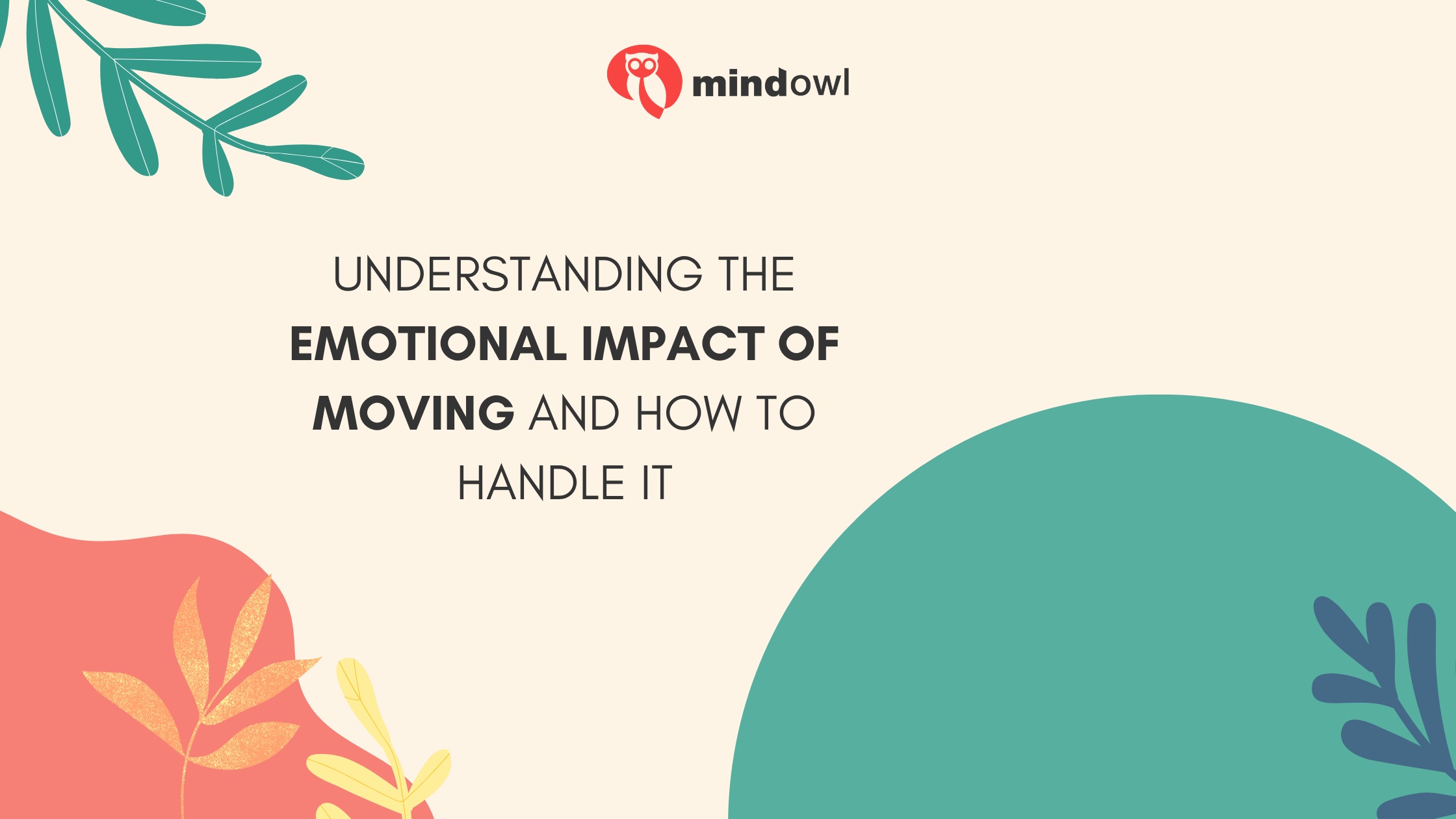Moving to a new home is a significant life event that comes with both excitement and stress. While the prospect of starting fresh in a new place can be thrilling, it also often brings a mix of emotions that can feel overwhelming. Whether you’re moving across town or to a new country, the emotional impact of moving is real, and understanding how to handle it is key to making the transition smoother.

The Stress of Relocation
Moving is widely considered one of the most stressful life events, often ranking alongside major life changes like marriage or job transitions. The stress comes from the numerous logistical tasks involved, such as packing, organizing, and adjusting to a new environment. Beyond the practical challenges, there’s also the emotional strain of leaving behind familiar surroundings, neighbors, and routines.
For many, this stress is compounded by the complexity of the moving process itself. Engaging professional residential movers in Singapore or in your local area can help alleviate some of this burden by ensuring that your belongings are handled with care, allowing you to focus on adjusting emotionally to the move. Professional movers can simplify the process by taking care of the heavy lifting, which can significantly reduce your stress levels during this busy time.
Dealing with the Sense of Loss
Another common emotional response to moving is a sense of loss. Whether you’re leaving behind a home filled with memories or parting ways with close friends and neighbors, it’s natural to feel a deep sense of sadness when moving to a new place. This feeling of loss can be particularly strong if you’ve lived in your previous home for a long time or have built strong community connections.
It’s important to acknowledge these feelings and give yourself time to process them. Staying in touch with old friends and maintaining ties to your previous community can help ease this transition. Remember, while you’re saying goodbye to one chapter of your life, you’re also opening the door to new experiences and relationships in your new home.
Adjusting to the New Environment
Adapting to a new environment can be challenging, especially if you’re moving to a different city or country. The unfamiliarity of new surroundings can cause feelings of disorientation or homesickness, even if the move was a positive step forward. To combat these feelings, it helps to start creating new routines as soon as possible. Familiar routines provide comfort and can help make a new place feel like home more quickly.
Take the time to explore your new neighborhood, meet your neighbors, and find local spots like grocery stores, parks, or cafes where you can begin to feel more connected to your new environment. The more engaged you are with your surroundings, the easier it will be to adjust emotionally.
Managing the Emotional Impact
Handling the emotional impact of a move requires a balanced approach. While it’s important to stay organized and on top of the logistical aspects, it’s equally important to take care of your mental and emotional well-being. Give yourself permission to feel a wide range of emotions—whether it’s excitement, sadness, or even frustration—and recognize that these feelings are normal.
Talking to family members or friends about your feelings can also be incredibly helpful. You may find that others share similar emotions about the move, which can foster a sense of solidarity. Additionally, taking care of yourself physically—by eating well, staying active, and getting enough rest—can help you cope better emotionally with the challenges of moving.

Moving is more than just a physical relocation; it’s an emotional journey that can be difficult to navigate. By recognizing the emotional toll it can take and finding healthy ways to handle those feelings, you can make the transition smoother and embrace the opportunities that come with a new home.
MindOwl Founder – My own struggles in life have led me to this path of understanding the human condition. I graduated with a bachelor’s degree in philosophy before completing a master’s degree in psychology at Regent’s University London. I then completed a postgraduate diploma in philosophical counselling before being trained in ACT (Acceptance and commitment therapy).
I’ve spent the last eight years studying the encounter of meditative practices with modern psychology.

